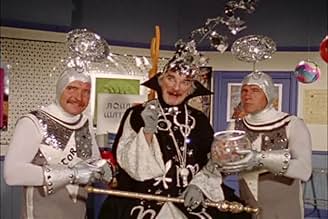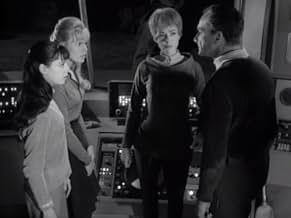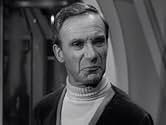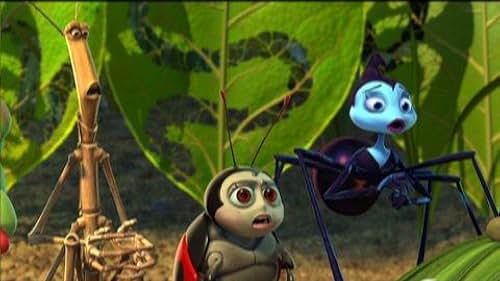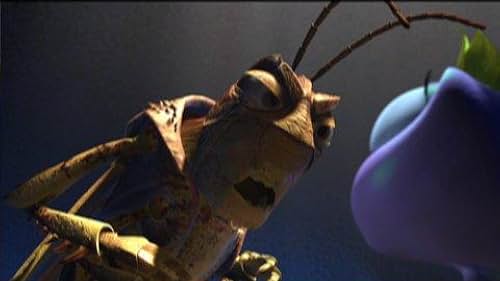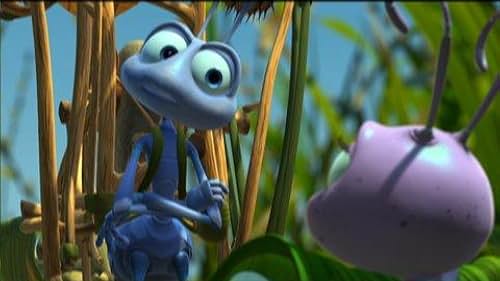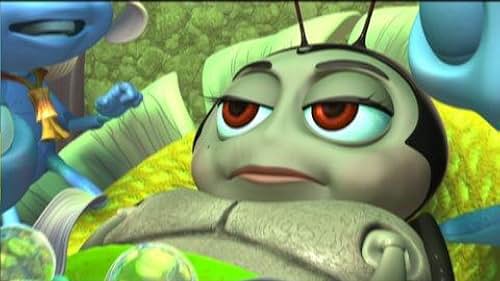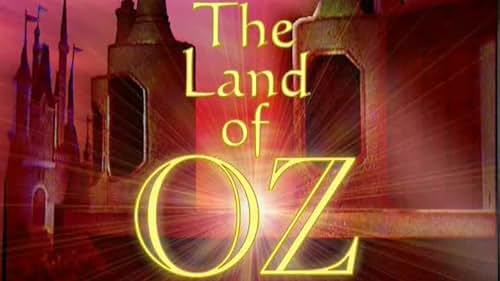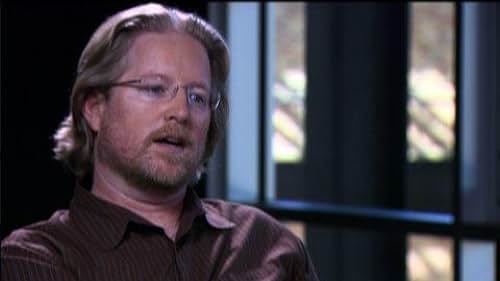Jonathan Harris(1914-2002)
- Actor
- Soundtrack
An eloquent character actor who would become a celebrated TV camp icon of the late 1960s, Jonathan Harris was born Jonathan Daniel Charasuchin on November 6, 1914, in the Bronx borough of New York City. The son of impoverished Russian-Jewish émigrés, his father worked in the garment industry and young Jonathan contributed to the family income by working as a box boy in a pharmacy at age 12, which inspired him enough to, after graduating from James Monroe High School, earn a pharmacy degree at Fordham University in 1936.
However, Jonathan's desire to act was quite strong at an early age and it proved overwhelming in the end, forsaking a steady pharmaceutical career for the thoroughly unsteady work in the theater. Self-trained to shake his thick Bronx accent by watching British movies and pursuing interests in Shakespeare and archaeology, Jonathan changed his surname to one much easier to pronounce. After performing in over 100 plays in stock companies nationwide, he finally made an inauspicious debut as a Polish officer in the play "Heart of a City" (1942) and also entertained World War II troops in the South Pacific. Other New York plays during this war-era decade would include "Right Next to Broadway" (1944), "A Flag Is Born" (1946), "The Madwoman of Chaillot (1948) and "The Grass Harp" (1952).
Following his introduction to live television drama in 1948, Jonathan ventured off to Hollywood. After appearing in a number of television anthologies such as "The Chevrolet Tele-Theatre", "Pulitzer Prize Playhouse", "Betty Crocker Star Matinee", "Goodyear Playhouse" and "Hallmark Hall of Fame", he made his film debut as part of a band of potential mutineers in the film Botany Bay (1952) starring doctor hero Alan Ladd and villainous captain James Mason. He wouldn't make another film for another five years, with a supporting role as Lysias in the biblical story of Simon Peter in The Big Fisherman (1959) starring Howard Keel.
However, it was television that would make keep Jonathan working and make a stronger impression. Remaining steadfast on classy anthologies dramas such as "Armstrong Circle Theatre", "Studio One in Hollywood", "Matinee Theatre", "Schlitz Playhouse", "Climax", "Colgate Theatre", "Kraft Theatre", "General Electric Theatre", as well as the role of Exton in a TV-movie version of King Richard II (1954), he began appearing on more popular television series such as Zorro (1957), Father Knows Best (1954), The Law and Mr. Jones (1960), Outlaws (1960), The Twilight Zone (1959), The Lloyd Bridges Show (1962) and Bonanza (1959), Jonathan got his first taste of television success and audiences got to witness the fusty, cowardly, uppity side of Jonathan in two archetypal regular roles: as cowardly assistant Bradley Webster on the crime drama The Third Man (1959) starring Michael Rennie and as persnickety hotel manager Mr. Phillips on the short-lived sitcom The Bill Dana Show (1963) starring the Latin-speaking comic as a bellhop.
This culminated in the television regular role that would make Jonathan a cult icon, as Dr. Zachary Smith, the dastardly, effete spaceship stowaway on Lost in Space (1965). Along with his straight man robot, Harris easily stole the show week after week as he botched and mangled all the good intentions of the Robinson family to get back home to Earth. Jonathan would find himself severely typecast as a plummy villain for the remainder of his career, and was seen usually in cryptic form on such television series as The Ghost & Mrs. Muir (1968), Land of the Giants (1968), Get Smart (1965), Bewitched (1964), McMillan & Wife (1971), Night Gallery (1969), Love, American Style (1969), Sanford and Son (1972), Vega$ (1978), Fantasy Island (1977), etc. He did reappear on the brief sci-fi series Space Academy (1977), as Commander Isaac Gampu, leader of a space academy in the year 3732. However, this character was the polar opposite of Dr. Zachary Smith -- wise, honorable and brave.
Jonathan's crisp, eloquent voice was also used frequently with great relish in commercials and for sci-fi and animated series purposes -- The Banana Splits Adventure Hour (1968), Battlestar Galactica (1978), Foofur (1986), Visionaries: Knights of the Magical Light (1987), Problem Child (1993), The Twisted Tales of Felix the Cat (1995), Freakazoid! (1995) and Buzz Lightyear of Star Command (2000). His voice was also used for the animated features Happily Ever After (1989), A Bug's Life (1998) and Toy Story 2 (1999).
A drama teacher and vocal coach in later years, Harris died of a blood clot to the heart on November 3, 2002, just three days before his 88th birthday. He was survived by his long-time wife (from 1938), Gertrude Bregman, and son Richard (born 1942). He was interred in Westwood Village Memorial Park Cemetery in Los Angeles, California.
However, Jonathan's desire to act was quite strong at an early age and it proved overwhelming in the end, forsaking a steady pharmaceutical career for the thoroughly unsteady work in the theater. Self-trained to shake his thick Bronx accent by watching British movies and pursuing interests in Shakespeare and archaeology, Jonathan changed his surname to one much easier to pronounce. After performing in over 100 plays in stock companies nationwide, he finally made an inauspicious debut as a Polish officer in the play "Heart of a City" (1942) and also entertained World War II troops in the South Pacific. Other New York plays during this war-era decade would include "Right Next to Broadway" (1944), "A Flag Is Born" (1946), "The Madwoman of Chaillot (1948) and "The Grass Harp" (1952).
Following his introduction to live television drama in 1948, Jonathan ventured off to Hollywood. After appearing in a number of television anthologies such as "The Chevrolet Tele-Theatre", "Pulitzer Prize Playhouse", "Betty Crocker Star Matinee", "Goodyear Playhouse" and "Hallmark Hall of Fame", he made his film debut as part of a band of potential mutineers in the film Botany Bay (1952) starring doctor hero Alan Ladd and villainous captain James Mason. He wouldn't make another film for another five years, with a supporting role as Lysias in the biblical story of Simon Peter in The Big Fisherman (1959) starring Howard Keel.
However, it was television that would make keep Jonathan working and make a stronger impression. Remaining steadfast on classy anthologies dramas such as "Armstrong Circle Theatre", "Studio One in Hollywood", "Matinee Theatre", "Schlitz Playhouse", "Climax", "Colgate Theatre", "Kraft Theatre", "General Electric Theatre", as well as the role of Exton in a TV-movie version of King Richard II (1954), he began appearing on more popular television series such as Zorro (1957), Father Knows Best (1954), The Law and Mr. Jones (1960), Outlaws (1960), The Twilight Zone (1959), The Lloyd Bridges Show (1962) and Bonanza (1959), Jonathan got his first taste of television success and audiences got to witness the fusty, cowardly, uppity side of Jonathan in two archetypal regular roles: as cowardly assistant Bradley Webster on the crime drama The Third Man (1959) starring Michael Rennie and as persnickety hotel manager Mr. Phillips on the short-lived sitcom The Bill Dana Show (1963) starring the Latin-speaking comic as a bellhop.
This culminated in the television regular role that would make Jonathan a cult icon, as Dr. Zachary Smith, the dastardly, effete spaceship stowaway on Lost in Space (1965). Along with his straight man robot, Harris easily stole the show week after week as he botched and mangled all the good intentions of the Robinson family to get back home to Earth. Jonathan would find himself severely typecast as a plummy villain for the remainder of his career, and was seen usually in cryptic form on such television series as The Ghost & Mrs. Muir (1968), Land of the Giants (1968), Get Smart (1965), Bewitched (1964), McMillan & Wife (1971), Night Gallery (1969), Love, American Style (1969), Sanford and Son (1972), Vega$ (1978), Fantasy Island (1977), etc. He did reappear on the brief sci-fi series Space Academy (1977), as Commander Isaac Gampu, leader of a space academy in the year 3732. However, this character was the polar opposite of Dr. Zachary Smith -- wise, honorable and brave.
Jonathan's crisp, eloquent voice was also used frequently with great relish in commercials and for sci-fi and animated series purposes -- The Banana Splits Adventure Hour (1968), Battlestar Galactica (1978), Foofur (1986), Visionaries: Knights of the Magical Light (1987), Problem Child (1993), The Twisted Tales of Felix the Cat (1995), Freakazoid! (1995) and Buzz Lightyear of Star Command (2000). His voice was also used for the animated features Happily Ever After (1989), A Bug's Life (1998) and Toy Story 2 (1999).
A drama teacher and vocal coach in later years, Harris died of a blood clot to the heart on November 3, 2002, just three days before his 88th birthday. He was survived by his long-time wife (from 1938), Gertrude Bregman, and son Richard (born 1942). He was interred in Westwood Village Memorial Park Cemetery in Los Angeles, California.




